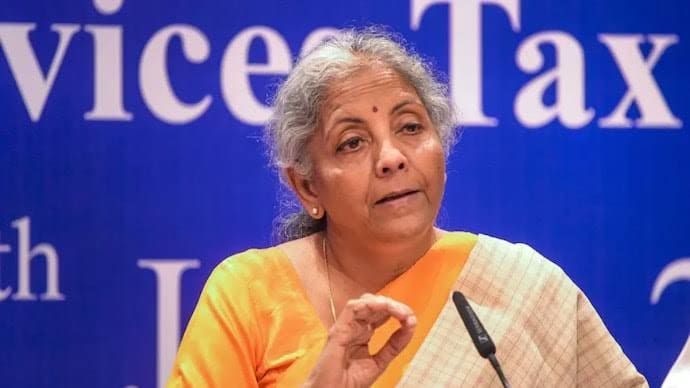
A nation’s inclusive development fuels the spirit of all citizens thereby giving meaning to their lives, regardless of their religious affiliation. In India, however, the above idea of inclusive development does not hold much water. More so, if analysed in the light of the socio-political development of recent times such as the mob lynching of Muslims and enacting citizenship law having potential to disenfranchise of citizenship rights. Muslim, as a community in India is believed to be the largest minority group having a political saliency. This broad claim, however, does not have a universal receptivity. Only in those pockets of India, where the population of Muslims is thirty percent or above, then it could be argued that they have a decisive role. However, since the BJP came to power, inspired by the philosophy of Hindutva, the first thing the party did was to undermine Muslims political and social voices. This, the BJP has done through various tools and methods. However, the most important among them is by creating a united majority of Hindus to establish India as a majoritarian state.
The Finance Minister’s Budget speech 2023-24 in parliament, rather than being inclusive, was more a manifesto planned with meticulous precision to make a certain community. Going into the details of the Budget, one may get a sense of pleasure. For instance, the surcharge rate has been lowered significantly, which is a great relief for the slot of income holder upto 4 lakh and adequate allocation of funds for farmers. Moreover, further reading the Budget text, suggests that the overt and smart approach espoused by the government is simply to entice the middle class.
When one shift’s one gaze to the section of scholarship, especially for Muslims minorities, one gets an acerbic sense about the policy of the incumbent regime for the Muslims. It should come as no surprise that the government has treated Muslims unfairly this year; only a few months ago, it cut the Maulana Azad Fellowship, which was being awarded to Muslim research academics. This time, there has been a 87% cut in the merit-cum means scholarship meant for professional and technical courses for students from minority communities. It has been allocated just just Rs 44 crore, which I consider is meagre.
As per data collected by the Ministry of Minority there are nearly 24000 Madrasas in India, hence it is improbable that the 10 crore allocated to Madarsas will help in augmentation of infrastructure. Earlier In the 2022-23 financial year the Union had allotted 60 crore to “Education Schemes” for Madrasas. On the other side, the vulnerable tribal groups were prioritised. Furthermore, a PVTG development mission with a budget of 15,000 crore would be launched by the Union for the benefit of the aforementioned group.
Rather than addressing socio-economic problems of the Muslim community, as captured by the Sachchar Committee (2006) and Ranganath Misra (2004) urging the then governments to give immediate attention towards the Muslim predicament. Juxtaposing these reports beside the 2023 Budget draft and speech, one can verily argue that this budget is worsening the condition of Muslims by snatching the means through which education could be provided to the Muslims. Even the Sachar Committee laid too much emphasis for the development of the Muslim community and strongly recommended that Muslim should receive the same equal treatment as tribals do.
The BJP government granted funds for tribal development this year, which is a good step. However, leaving Muslim Minorities out of the very “Inclusive Development” reeks of prejudice on the part of the government against Muslims in India. The dream of “Inclusive Development”, which is one of the motto of the BJP government, cannot be foreseen if a specific group is left behind. Inclusion of Muslims in all programmes will not only stop India from becoming a developed country, but it will also rejuvenate the plummeting social fabric.
Capital expenditure makes a nation self-sufficient and produces income for a long time which helps the government in job generations. Although this year’s capital expenditure % has virtually doubled; however it would have been better, if the minority groups had received more funding for their schools, colleges and vocational institutions. According to the 2011 NSSO report, just 71 Muslims out of 1000 completed their post-graduate degrees, and only 162 did so for undergraduate degrees. The analysis of NSSO comes to the conclusion that Muslim youth represent a greater number. On the one hand, the government maintains youth empowerment as the seventh highest priority, while on the other, funds for minorities are reduced. The reduction of funds for the Muslim education provides a window to reflect on the way India is treading on the long road of democracy.
Arshad Azmi is a postgraduate student at Aligarh Muslim University



